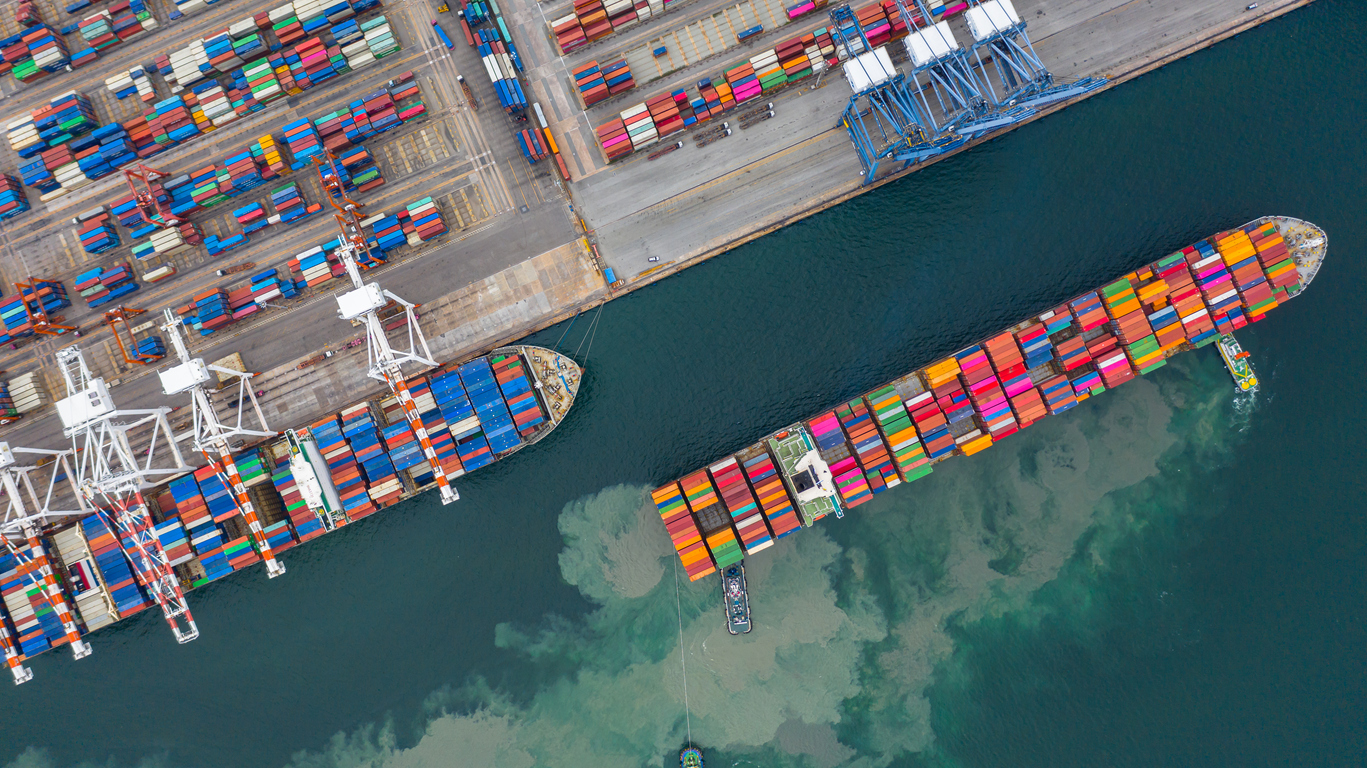Customs Clearance in Nigeria: A Complete Guide to Smooth Import and Export Operations
Customs clearance is a critical step in the shipping process for businesses importing or exporting goods in Nigeria. The process ensures compliance with trade regulations set by the Nigerian Customs Service (NCS) and involves documentation, duties, taxes, and inspections. Failure to navigate customs clearance efficiently can result in delays, penalties, or confiscated shipments.
In this guide, we’ll explain what customs clearance entails in Nigeria, the steps involved, common challenges, and how Wigmore Trading can help streamline the process.
What is Customs Clearance in Nigeria?
Customs clearance is the process of submitting required documentation and paying applicable duties and taxes to the Nigerian Customs Service to gain approval for the entry or exit of goods. This ensures that the goods meet Nigeria’s trade regulations and standards.
The customs clearance process applies to:
- Imports: Goods entering Nigeria from international markets.
- Exports: Nigerian goods shipped to other countries.
Steps Involved in Customs Clearance in Nigeria
1. Pre-Arrival Documentation
Before goods arrive in Nigeria, importers or their agents must prepare and submit essential documents, including:
- Form M: An import approval form issued by the Central Bank of Nigeria (CBN).
- Proforma Invoice: Details of the goods, including their description, quantity, and value.
- Bill of Lading/Airway Bill: A document issued by the shipping line or airline.
- Packing List: Specifies the contents of the shipment.
2. Submission to the Nigerian Customs Service (NCS)
The documents are uploaded to the Nigeria Single Window Trade Portal, where customs officials review them for compliance.
3. Inspection and Valuation
Upon the arrival of goods, customs officials inspect the shipment to verify it matches the submitted documentation. They also determine the customs duty and taxes based on the Harmonized System (HS) Code of the goods.
4. Payment of Duties and Taxes
Importers must pay applicable charges, including:
- Customs Duty: A percentage of the value of the goods.
- Value Added Tax (VAT): Typically 7.5% of the CIF (Cost, Insurance, and Freight) value.
- Excise Duty: Applicable to certain goods, such as alcohol or tobacco.
- Additional Levies: Such as port surcharges or ETLS (ECOWAS Trade Liberalization Scheme) fees for regional goods.
5. Customs Release
Once all payments are made and the inspection is cleared, customs issues a release order, allowing the goods to proceed to their destination.
Common Challenges in Customs Clearance
1. Incomplete or Inaccurate Documentation
Errors in documentation can lead to delays, fines, or rejection of shipments.
2. Delays in Clearance
Bureaucratic inefficiencies and port congestion, especially in Lagos ports, can prolong the clearance process.
3. Complex Regulatory Landscape
Frequent changes in Nigeria’s trade policies and tariff structures can be confusing for businesses.
4. High Costs
Unplanned costs, such as demurrage (for goods overstaying at the port), can significantly increase expenses.
How to Ensure Smooth Customs Clearance in Nigeria
1. Prepare Accurate Documentation
Double-check all required documents for accuracy and completeness before submission.
2. Stay Informed
Keep up with the latest trade regulations, duty rates, and customs procedures in Nigeria.
3. Engage Experienced Agents
Partner with licensed customs brokers or logistics companies to navigate the process efficiently.
4. Plan Ahead
Start the clearance process early to account for any unforeseen delays.
How Wigmore Trading Simplifies Customs Clearance in Nigeria
At Wigmore Trading, we understand the complexities of customs clearance in Nigeria. Our expert team provides comprehensive solutions to ensure your shipments are processed smoothly and efficiently:
1. Document Preparation
We assist with preparing and submitting all required documentation, minimizing errors and delays.
2. Customs Compliance
Our team stays updated on Nigeria’s trade policies and ensures your shipments comply with all regulations.
3. Duty and Tax Calculation
We help you understand applicable charges and ensure accurate payment to avoid penalties.
4. Efficient Port Handling
With experience in managing logistics at Nigeria’s busiest ports, we streamline the clearance process, saving you time and money.
5. Real-Time Updates
We provide regular updates on the status of your shipment, ensuring transparency throughout the process.
Why Choose Wigmore Trading for Customs Clearance?
- Expertise: Decades of experience in Nigerian logistics and trade.
- Reliability: A proven track record of successful customs clearances.
- Tailored Solutions: Services customized to meet your business needs.
- End-to-End Support: From pre-arrival documentation to final delivery, we handle it all.
Conclusion
Customs clearance in Nigeria is a vital yet complex process that requires careful planning and expertise. By understanding the requirements and working with reliable partners like Wigmore Trading, businesses can avoid costly delays and ensure seamless import and export operations.
Contact Wigmore Trading today to learn more about how we can assist with your customs clearance needs in Nigeria.








Comments are closed.